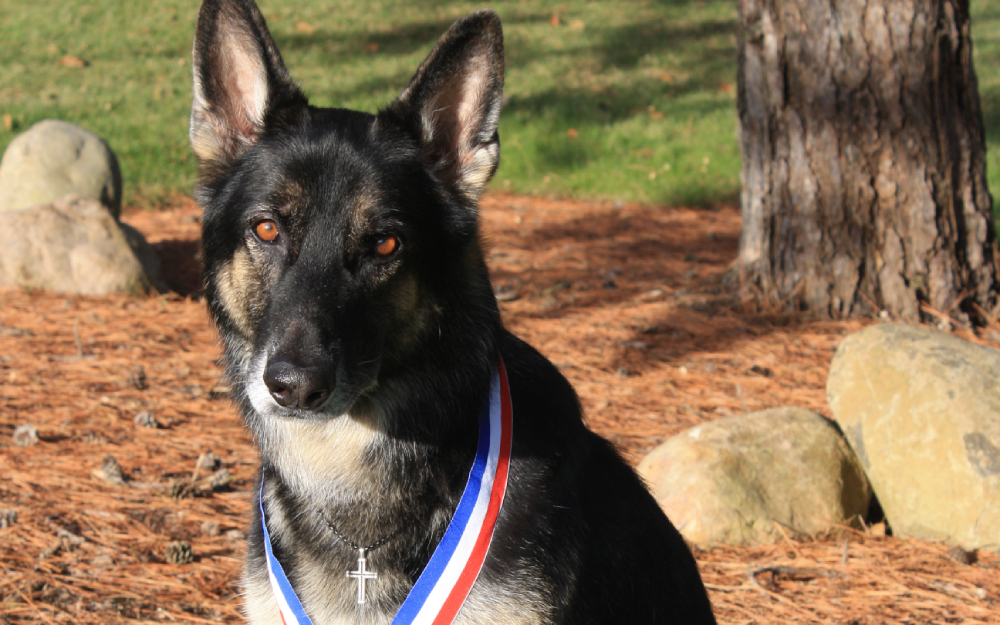No one’s depression, anxiety, or other mental health struggle is the same, which requires having an array of therapeutic tools at the ready. Pet therapy can give someone the push they need to make additional strides in therapy, but many are confused over what it is and how it works.
What is pet therapy?
Also called animal assisted therapy, pet therapy is different than service or emotional support animals. Each has a different set of requirements and duties, but there is a simple distinction between them. Service and emotional support animals both work to provide care or assistance to just their owner, but a therapy dog needs to be prepared to work with anyone.
“When we’re bringing in a therapy animal, we’re helping the residents with a goal in their treatment,” says Cresta Nutter, experiential therapist and pet therapy manager for Rogers–Oconomowoc. These goals can be related to social anxiety, contamination issues, impulse control, or anything else specific to a treatment program.
“It’s a non-threatening situation where it’s something they can engage in and have feelings and emotions without the pressure of having to be vocal. It helps them ease into it,” Cresta adds.
In addition to the goals, Cresta says that pet therapy provides other benefits such as decreasing anxiety and stress, increasing self-esteem, and positively impacting several neurotransmitters.
,
What does a therapy dog do?
The job of a therapy dog is to sense an individual’s emotional state and provide care, according to Steve, one of the handlers for an 8-year-old German Shepherd named Cross. Cross has worked as a therapy dog for six years, with the past two years being exclusively at Rogers.
If someone is shy and anxious, Cross might bring them toys from his bag to get them playing and interacting with him. If someone is scared, the dog may provide a sense of protection that they need to talk with their therapist. If someone needs comfort, Cross provides a loving presence free of any judgment.
On one occasion when Steve and his wife Rhonda arrived at Rogers with Cross, they noticed a boy whose overwhelming emotions led him to drop to the ground during a walk with his care team. Cross’ handlers tell the story of this interaction in the featured video above.
Rogers uses animal assisted therapy across multiple programs and levels of care on our Oconomowoc and West Allis campuses.


